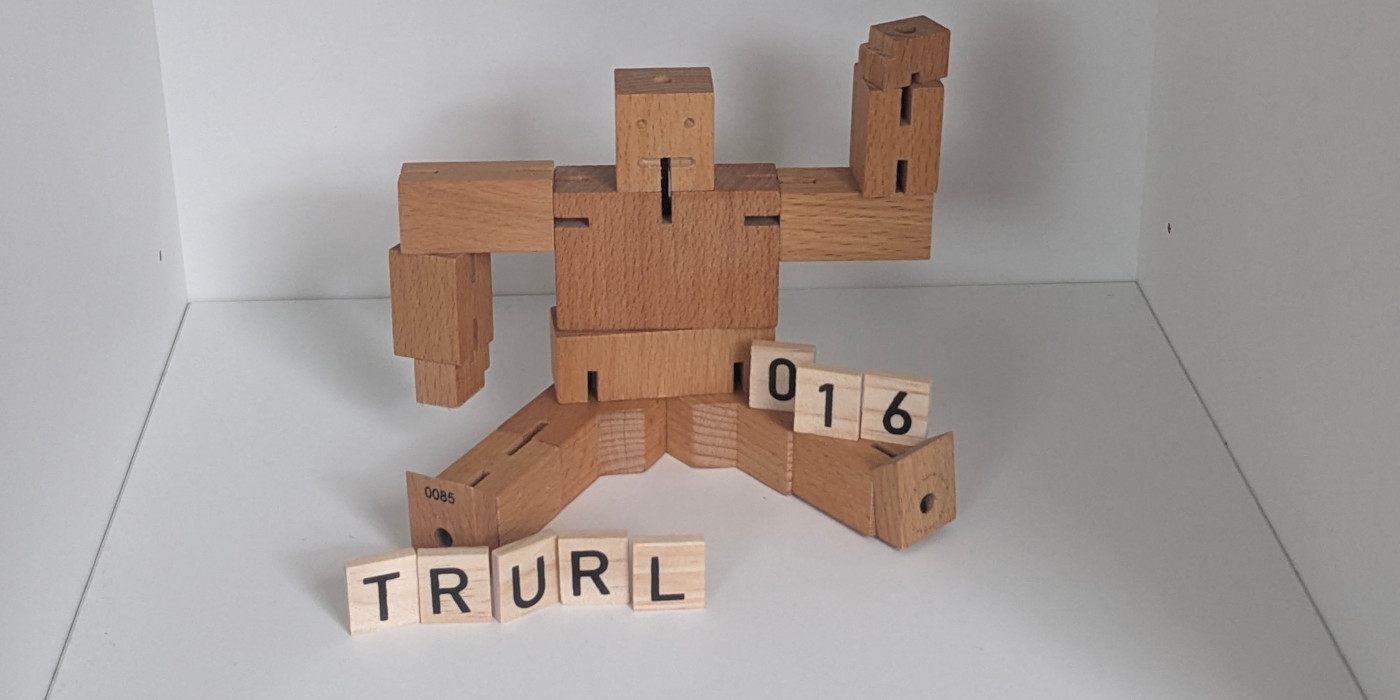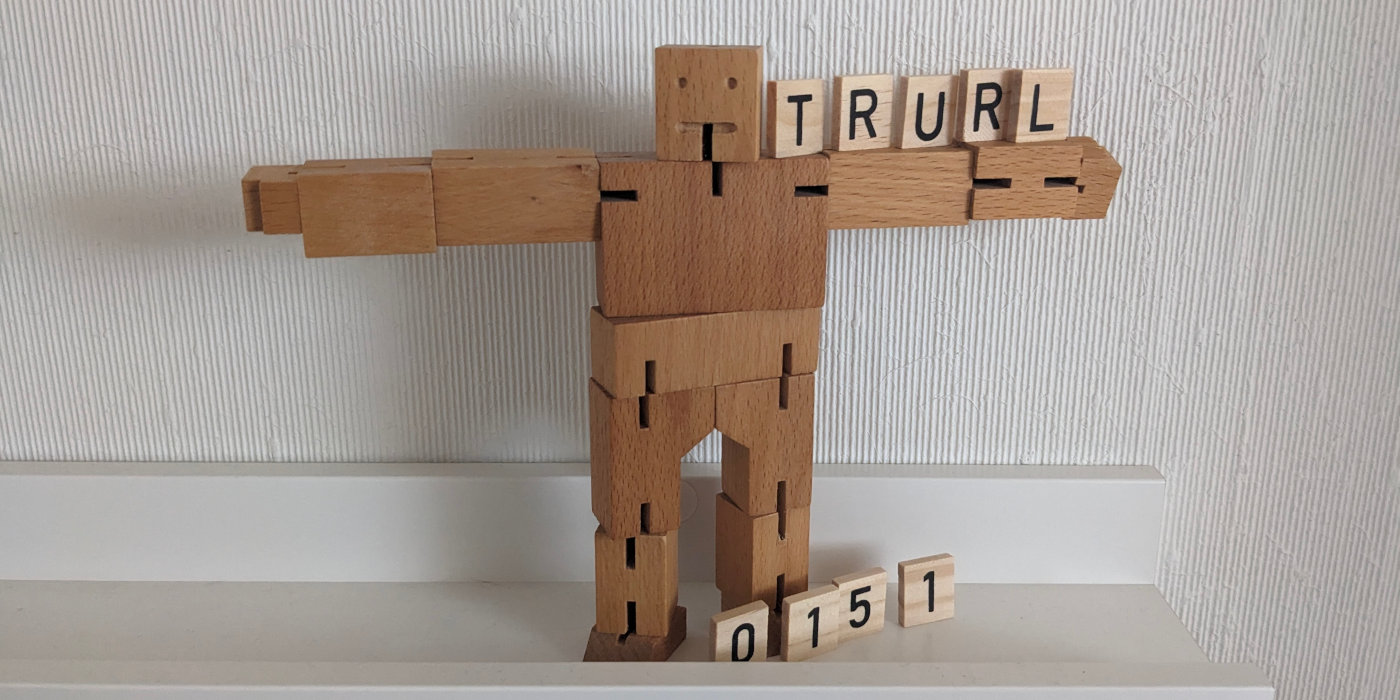Release presentation
At 08:00 UTC I will do a live-streamed release presentation of trurl 0.16 on Twitch.
Bump
I decided to bump the minor version number again because there is a new option: --qtrim.
This is the old --trim option made simpler and specialized for query components only. When we added originally --trim, the idea was that it would be similar to --set and --get and be able to trim different components – but over time we have realized that the only component the trimming operation really makes sense for is query.
Hence, now we have the query trim option and the old trim option is deprecated. The old option still works but is not advertised in the --help output.
Manpage
The trurl manpage now features a section describing the different URL components, how they work and some specific options that affect them. With examples.
The manpage has almost doubled in size compared to 0.15.1 and the nroff version is now over 800 lines long. All in the name of making sure every option and feature is understood properly.
Bugfixes
- query normalization. When a name/value pair had a blank string on either side of the equals character, trurl messed it up.
- user/password/options/fragment normalization. trurl now normalizes all these fields if provided.
- lowercase %-encoding. In some instances trurl was not consistently using lowercase hexadecimal in its output.
Tests
I looked for white spots in the test suite: untested options and option combinations, and have worked to fill those voids. This release has around thirty new test cases and trurl is now verified using more than two hundred tests.




